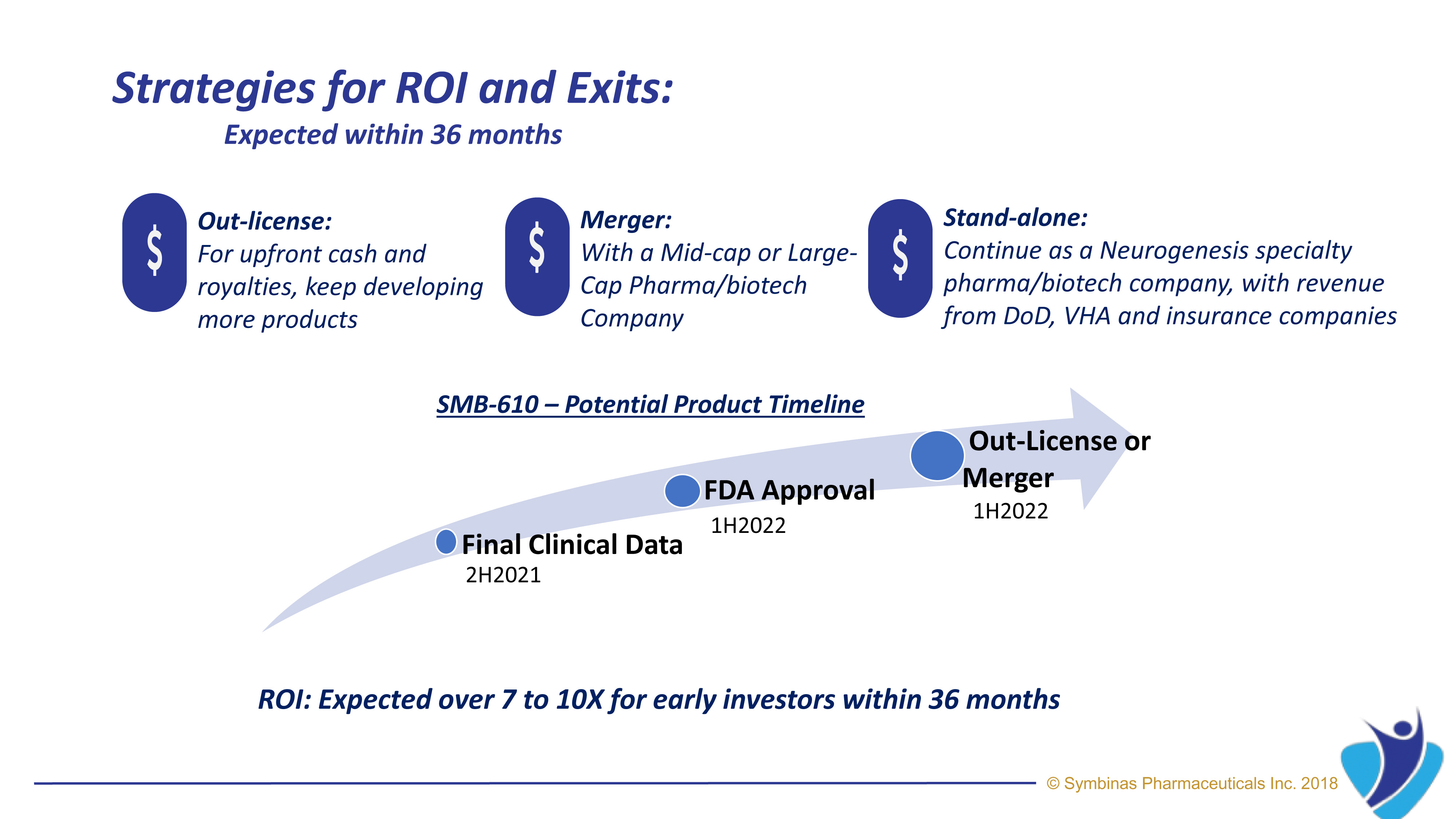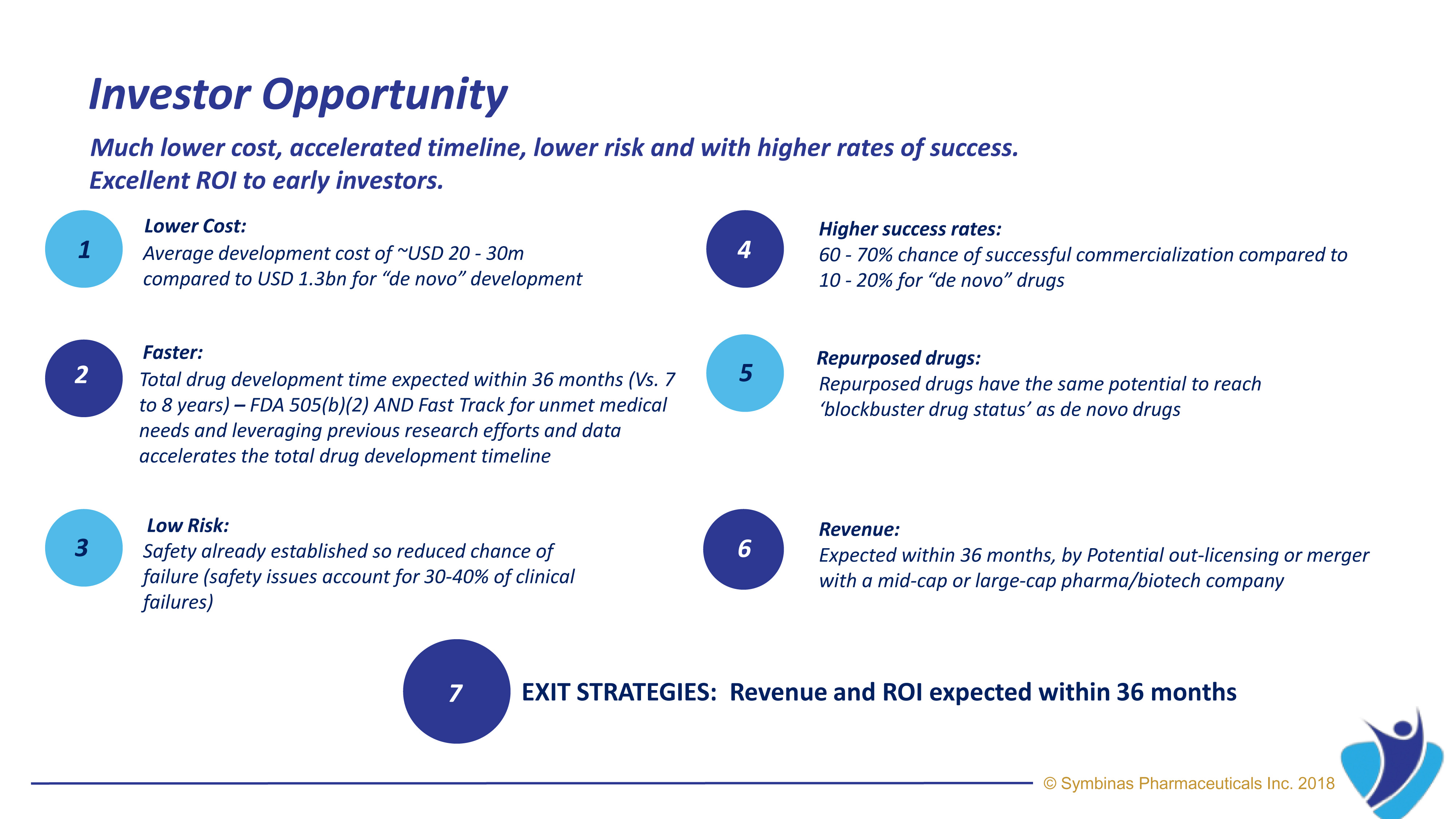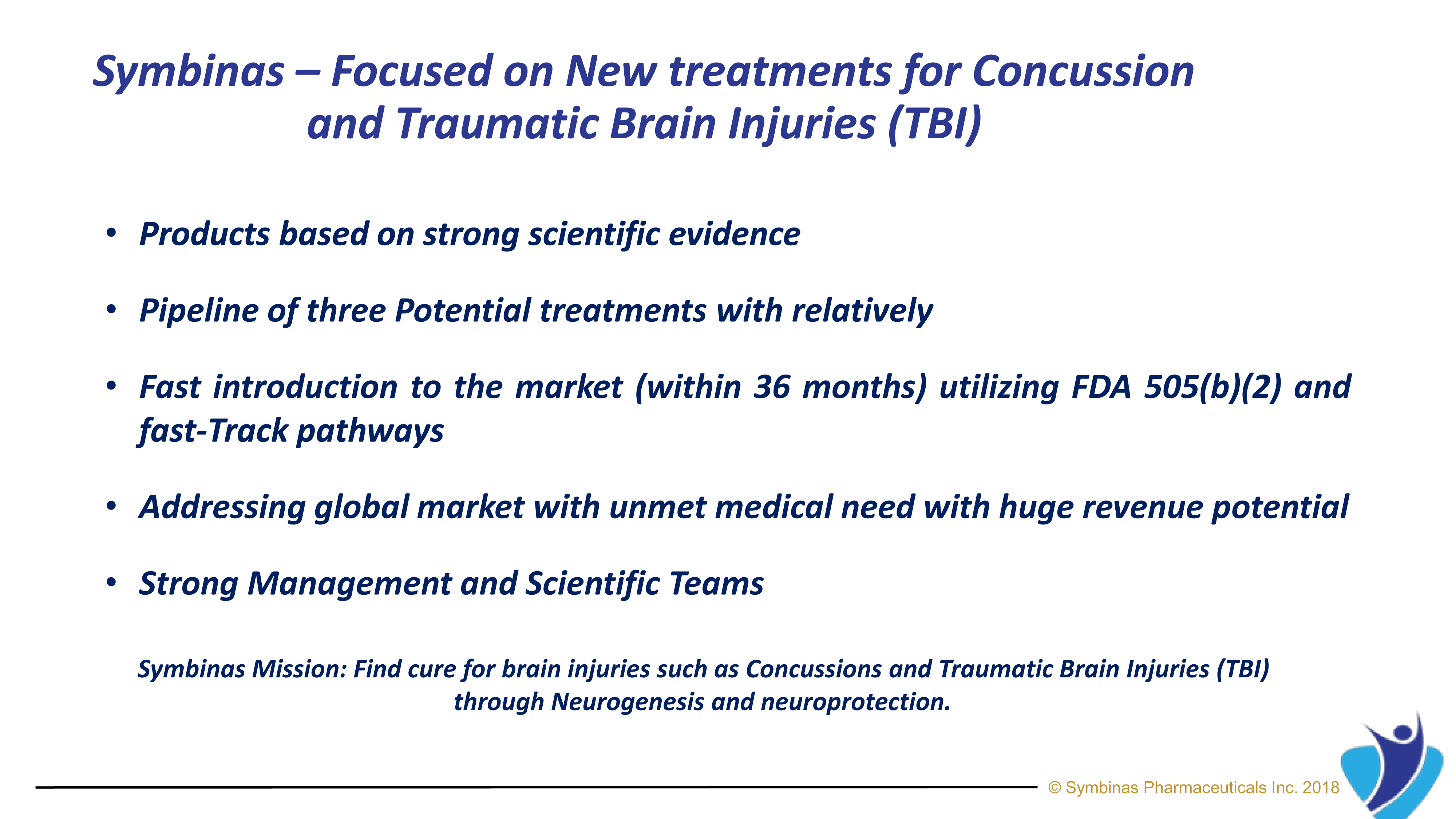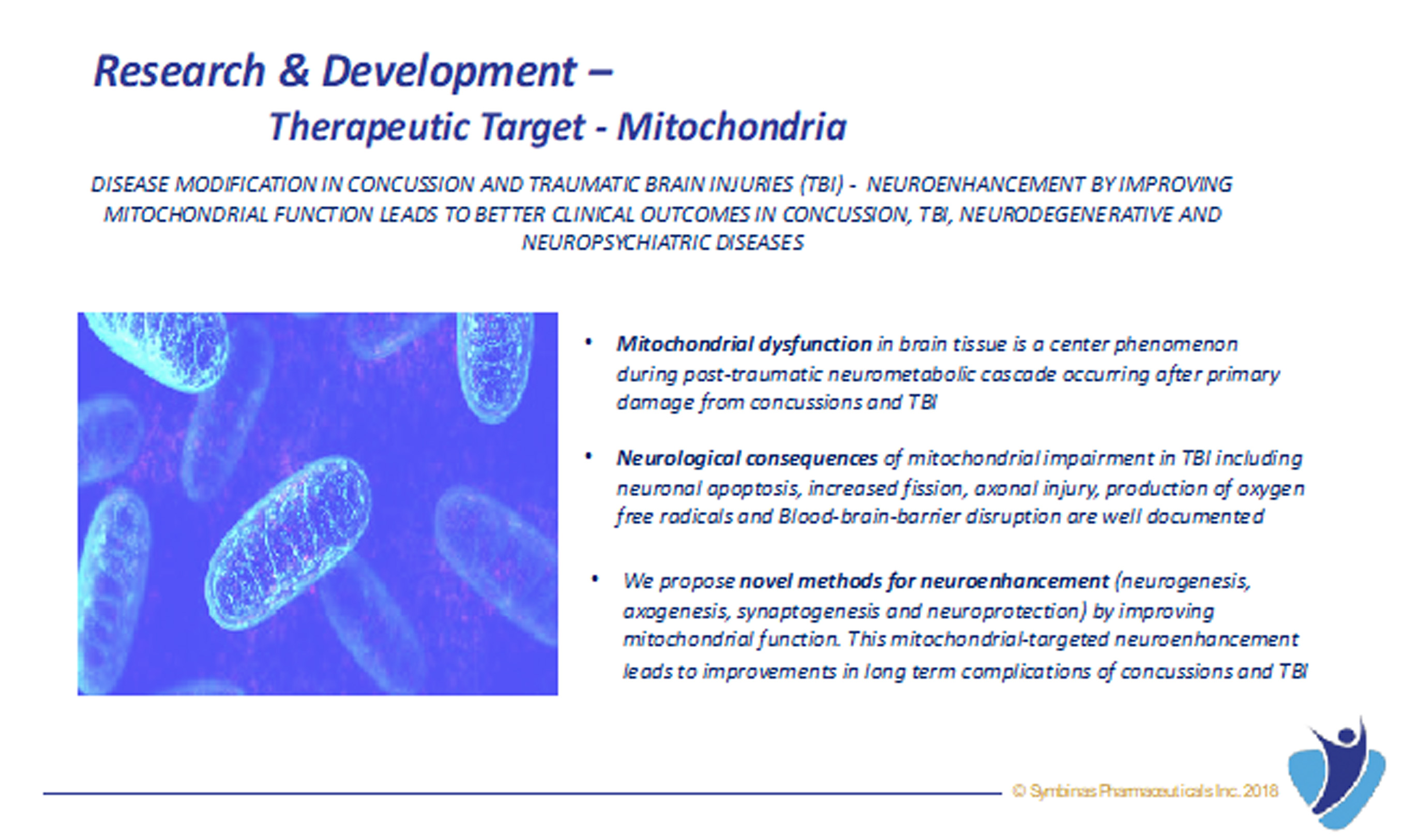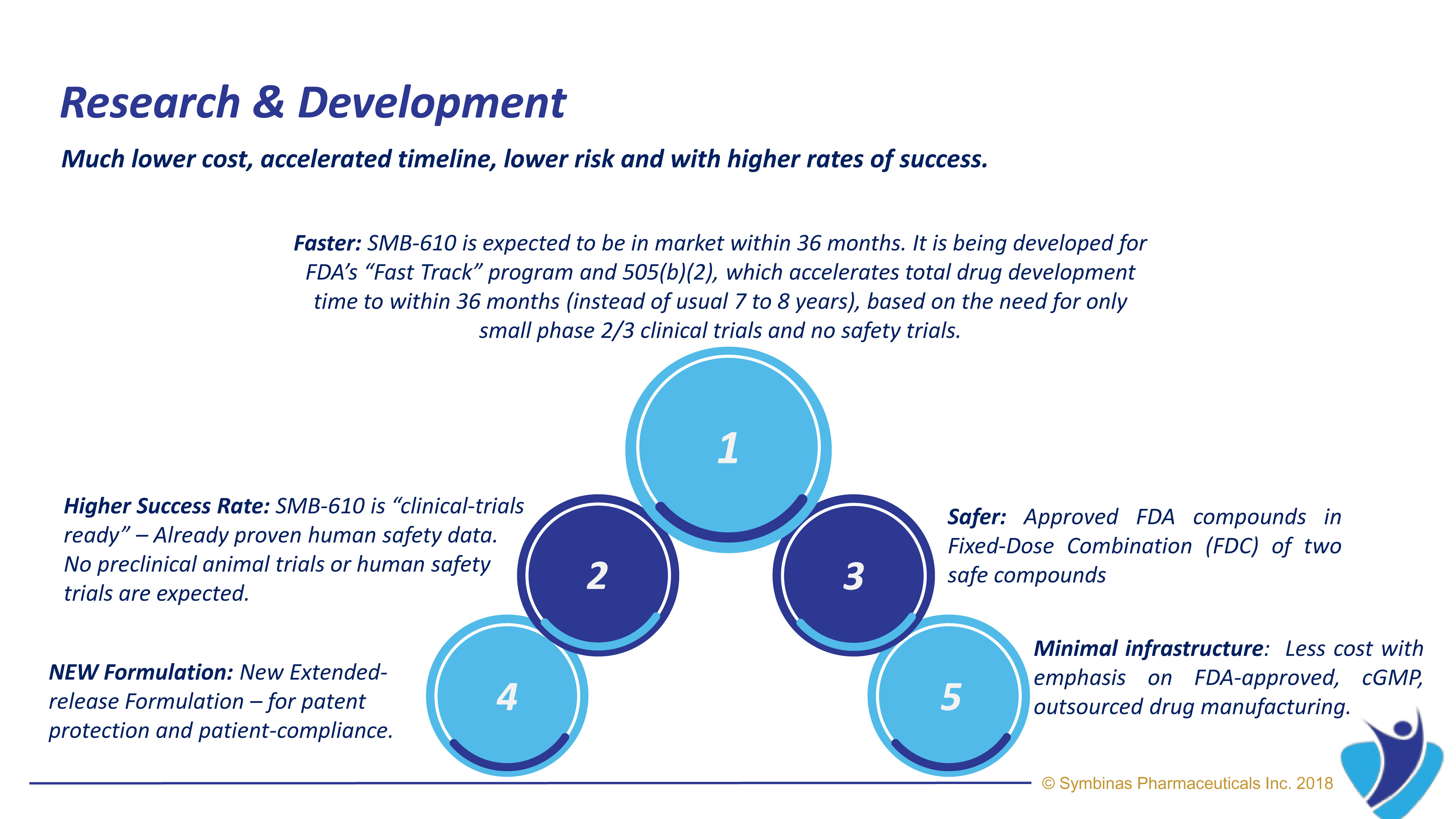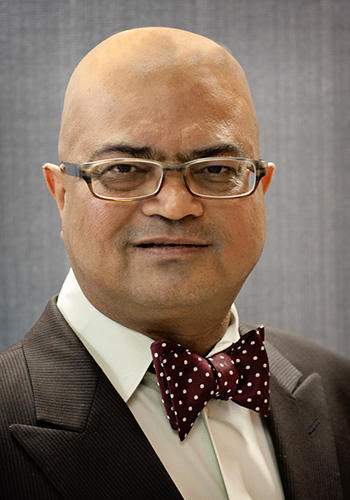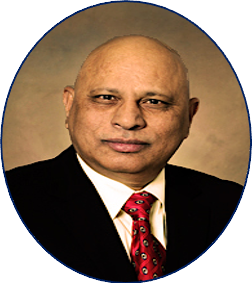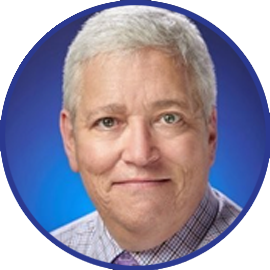Home / Contact us
© Symbinas Pharmaceuticals Inc. All Rights Reserved
He founded Symbinas Pharmaceuticals Inc. in 2017 and serves as its Chairman and CEO. He is an internationally-recognized stem cell, regenerative medicine and anti-aging medicine expert for over 20 years.
Since 2013, he has been the Founder and Medical Director of the SmartChoice Stem Cell Institute, a renowned medical facility specializing in adult, autologous stem cell procedures and age management for patients from around the globe.
From 2004 until 2013, he was the Chairman and CEO of Medisolare, an innovative anti-aging and regenerative medicine center. From 1998 until 2004, he served as a clinical assistant professor of Internal Medicine at the University of Florida School of Medicine.
Prior to that, he served as a courtesy clinical assistant professor at the University of South Florida School of Medicine. He has served as a speaker and researcher for several major international pharmaceutical companies such as Glaxo, Bristol-Myers-Squib and Pfizer.
He has also worked as a clinical researcher with the National Institute of Health (NIH), the world’s top research institute.
Dr. Garg holds a medical degree from Delhi University, India and received his post-graduate and fellowship training at the University of West Virginia.
He is Professor and Chair of the Department of Pharmaceutical Sciences at North Dakota State University School of Pharmacy, and recognized expert in drug formulations and delivery sustems for neuropsychiatric diseases. He is a Fellow of American Association of Pharmaceutical Scientists (AAPS) and Fellow, Association of Biotechnology and Pharmacy. Dr. Singh’s research efforts focus on the development of formulation and delivery systems as well to deliver biotechnologically derived macromolecules (e.g., peptide, protein, and gene) and small molecules using injectable smart polymers solutions, nanomicelles and nanoparticles for the prevention and treatment of neurodegenerative diseases, other brain disorders.
Jeffrey L. Cummings, MD, ScD, is Founding Director, Cleveland Clinic Lou Ruvo Center for Brain Health in Las Vegas, Nevada and Cleveland, Ohio. He is Professor of Medicine (Neurology), Cleveland Clinic Lerner College of Medicine of Case Western Reserve University. Dr. Cummings is Principal Investigator/Director of the NIH/NIGMS-funded Center for Neurodegeneration and Translational Neuroscience. Dr. Cummings is a world-renowned Alzheimer’s researcher and leader of clinical trials. He has been recognized for his research and leadership contributions in the field of Alzheimer’s disease through the Henderson Award of the American Geriatrics Society (2006), the Ronald and Nancy Reagan Research Award of the national Alzheimer’s Association (2008), and the Lifetime Achievement Award of the Society for Behavioral and Cognitive Neurology (2017). In 2010, he was honored by the American Association of Geriatric Psychiatry with their Distinguished Scientist Award. In 2018, he was honored with the Leadership and Achievement Award by the International Society of CNS Drug Development, and he received the Bengt Winblad Lifetime Achievement Award from the national Alzheimer’s Association. He was featured in the Gentleman’s Quarterly (June 2009) as a “Rock Star of Science.” Dr. Cummings has authored or edited 43 books and published over 725 peer-reviewed papers. Dr. Cummings’ interests embrace clinical trials, developing new therapies for brain diseases, and the interface of neuroscience and society.Dr. Cummings completed Neurology residency and a Fellowship in Behavioral Neurology at Boston University, Boston, Massachusetts. US training was followed by a Research Fellowship in Neuropathology and Neuropsychiatry at the National Hospital for Nervous Diseases, Queen Square, London, England. Dr. Cummings was formerly Professor of Neurology and Psychiatry at UCLA, Director of the Mary S. Easton Center for Alzheimer’s Disease Research at UCLA, and Director of the Deane F. Johnson Center for Neurotherapeutics at UCLA. He is past president of the Behavioral Neurology Society and of the American Neuropsychiatric Association.
A respected Clinical Professor of Neurology at the University of Texas Medical Branch in Galveston and the National Medical Director at Brain Injury Association of America. He also serves as Executive Vice-President for Medical Affairs with the Centre for Neuroskills. He previously served as the President and Medical Director of the Transitional Learning Center at Galveston from 1994 -2017. Dr. Masel received his Medical Degree from the Loyola University School of Medicine, and completed his post-graduate training from the University of Texas Medical Branch. He is a Board Certified Neurologist and was in the private practice of Neurology for 16 years.
He has conducted research and has over 40 publications in the areas of brain injury rehabilitation including virtual reality, hyperbaric oxygen treatment, sleep abnormalities, metabolic abnormalities, hormonal dysfunction, and the long term medical issues from chronic brain injury. Dr. Masel is a Board member of the North American Brain Injury Society, and the Brain Injury Association of America, where he serves as the National Medical Director. He is the recipient of the Lifetime Achievement Award from the Brain Injury Association of Texas, the Innovations in Clinical Treatment Award from the North American Brain Injury Society and is the recipient of the 2013 Sheldon Berrol Clinical Services Award from the Brain Injury Association of America. His greatest achievement is his two sons who are both physicians.
Lorem Ipsum is simply dummy text of the printing and typesetting industry. Lorem Ipsum has been the industry’s standard dummy text ever since the 1500s, when an unknown printer took a galley of type and scrambled it to make a type specimen book. It has survived not only five centuries, but also the leap into electronic typesetting, remaining essentially unchanged. It was popularised in the 1960s with the release of Letraset sheets containing Lorem Ipsum passages, and more recently with desktop publishing software like Aldus PageMaker including versions of Lorem Ipsum.
John is a seasoned and well-respected C-level executive with over 27 years of pharmaceutical industry experience and has background in working with pharmaceutical companies during the development stage as well as those with commercialized products. Most recently, he has been a Director of GT Biopharma, Inc. since July 5, 2018. Prior to that John served as the President and COO at TapImmune, Inc. from July 18, 2016 to April 28, 2017. He served as the Chief Executive Officer and President of Oragenics Inc. from May 25, 2011 to October 30, 2014. He served as the Chief Executive Officer and President of Transdel Pharmaceuticals, Inc. (alternate name Imprimis Pharmaceuticals, Inc.) from October 2010 to May 13, 2011. He served as the Chief Executive Officer and President of Argos Therapeutics, Inc. from December 21, 2006 to February 23, 2010. He served as the Chief Executive Officer of The Immune Response Corporation (alternate name Orchestra Therapeutics, Inc.) from January 7, 2003 to November 2005 and served as its President until November 2005, where he led that its business development strategy and oversaw multiple clinical trials, manufacturing and the development of biologic immuno-stimulatory therapeutic agents. Prior to joining Orchestra, John served as the Chief Operating Officer and an Executive Vice President of Cypress Biosciences Inc. from June 2001 to November 2002. He served as the Chief Executive Officer and President of Peregrine Pharmaceuticals, Inc. from 1999 to November 2002 and served as its Vice President of Technology and Business Development from 1998 to 1999 and also served as its Interim Vice President Regulatory and Clinical Affairs. John joined Techniclone in 1997 as Vice President of Business Development. He served as a Director of Business Development and Strategic Planning of Immunotherapy for Baxter Healthcare Corporation from 1994 to 1997. He served as the Director for Business Planning of Allergan, Inc. and served several positions of increasing responsibility over an 11-year period. He holds a bachelor’s degree in chemistry from the State University of New York – Stony Brook. He also holds a Ph.D. and Masters in Organic Chemistry from University of California, San Diego and an M.B.A. from Pepperdine University.
He is the Professor and Chairman of the Department of Psychiatry at Rush University in Chicago. His areas of clinical and research interest include anxiety disorders including panic disorder, social anxiety disorder, PTSD and development of novel pharmacologic agents for mood and anxiety disorders. He has received federal funding from the National Institute of Mental Health (NIMH) and National Institute of Drug Abuse (NIDA) for various studies including the impact of terrorist attacks on the development of PTSD and examination of biomarkers in PTSD. He has published over 300 articles, reviews and chapters, and is co-editor of the books “Challenges in Clinical Practice: Pharmacologic and Psychosocial Strategies”, “Panic Disorder and Its Treatment,” and “Social Phobia: Research and Practice” and “Ten Minute CBT”. He lectures extensively in national and international forums and serves on numerous editorial and advisory boards. He is on the Board of Directors of the Anxiety Disorders Association of America. Previously, he served at Massachusetts General Hospital as Director of the Center for Anxiety and Traumatic Stress Disorders and Professor of Psychiatry at Harvard Medical School. He holds a B.A. degree from University of Virginia. After receiving his M.D. medical degree from UMDNJ New Jersey Medical School, he finished his Fellowship in Psychiatry from Massachusetts General Hospital, Harvard Medical School.
He is the Assistant Professor of Neurology at Harvard Medical School. After receiving his M.D., he pursued his Ph.D. training at Drexel University with Dr. Aleister Saunders from 2002 to 2007. He then conducted a post-doctoral fellowship in the laboratory of Dr. Rudolph Tanzi, a world renowned neurodenerative scientist at Harvard University, in the Genetics and Aging Research Unit at the Department of Neurology of the Massachusetts General Hospital (MGH) and the Harvard Medical School (HMS). Since 2010, he has been an instructor of Neurology with Dr. Randolph Tanzi, and he became an Assistant Professor of Neurology at MGH and HMS in 2013. Martin’s research at Drexel and MGH has elucidated novel molecular events that play essential roles in the etiology and pathogenesis of Alzheimer’s. He holds a M.Sc. in Immunology and a M.D. from Weifang Medical College, China. He received his Post-doc training in Neurosciences from Drexel University.
He is Full Professor of Psychiatry and Behavioral Sciences and Director of the Experimental Therapeutics and Molecular Pathophysiology Program at McGovern Medical School and University of Texas Health Sciences Center at Houston, Texas. He was previously at the National Institute of Mental Health (NIMH) from 2012-2016 as the Director of the Translational Research Clinic at the Experimental Therapeutics and Pathophysiology Branch. He has received several grants and awards for his research on psychiatric disorders including the National Institutes of Health Fellows Award for Research Excellence, the Gerald Klerman Young Investigator Award and the Stanley Medical Research Institute Research Award. Has more than 200 articles published and more than 6,400 citation of his articles (h index 46). Dr. Machado-Vieira received his M.D. from PUC-RS in Porto Alegre, Brazil and his Ph.D. in Psychiatry at the University of Sao Paulo following his residency training in Psychiatry at the Federal University of Health Sciences. After a postdoctoral fellowship at the Laboratory of Molecular Pathophysiology and Experimental Therapeutics at NIMH, he was the Chief of the Mood Disorders Program, LIM-27 and professor of Psychiatry at the Institute of Psychiatry, University of Sao Paulo, Brazil.
She is an Assistant Professor of Neurology and Psychiatry at New York School of Medicine. She is a Leon Levy Neuroscience fellow. She also serves as the Director of the Biofluid biomarker Core at the NYU’s Cohn Veteran Center. She has a strong background in neurobiology, neuropharmacology, cellular and molecular biology, biochemistry and neuroimmunology. She is a renowned scientist and her research focuses on the molecular pathogenesis of cerebrovascular disorders and the cell-death mechanisms underlying neurodegeneration in Alzheimer’s disease, cerebral amyloid angiopathy (CAA), traumatic brain injury (TBI), and post-traumatic stress disorder (PTSD). She has published extensively on mitochondrial and neurodegenerative diseases. Originally from Italy, she received her Ph.D. in Pharmacology and Toxicology from University of Florence, Italy and her post-doc Fellowship from New York School of Medicine.
He is an Associate Professor of Medicine at University of Pittsburg School of Medicine. He is a world-renowned expert in mitochondrial research. Dr. Kaufman’s long-standing research interest is to understand the contribution of mtDNA metabolism to disease progression. For 20 years he has been uncovering the fundamental processes that underlie mitochondrial respiratory deficiency with a focus on mtDNA stability and copy number control – processes essential for respiratory function and viability. Dr. Kaufman’s major research goals are to define the biochemical events responsible for the maintenance of mtDNA content, to understand how distinct pathways influence mtDNA maintenance, and to understand mechanisms of mtDNA damage and resistance to damage in the context of disease. Previously, he was a Assistant Professor of Biochemistry at Perelman School of Medicine at University of Pennsylvania. During that tenure, he Spearheads efforts to understand the etiology of common and rare disorders, including the identification of novel disease mechanisms. Highly collaborative group contributes to high-impact research projects with multiple groups. Teaches graduate level biochemistry lecture and labs. Published 4 papers in Nucleic Acids Research, Nature Cell Biology, Biochemica Biophysica Acta and PLoS ONE, with numerous more in preparation and submission. Brett finished his B.S. in biochemistry from Indiana University and received his Ph.D. in molecular and cellular biology from University of Texas Southwestern Medical Center at Dallas, Texas.
He is a professor of medicine at the Burnett School of Biomedical Science, College of Medicine, University of Central Florida (UCF). He is a world-renowned stem cell scientist specializing in neurodegenerative diseases, such as Alzheimer’s disease and Parkinson’s disease using iPS and adult stem cells. Dr. Sugaya received his postdoctoral training from Dr. Ezio Giacobini, who built the basis for the current cholinesterase Alzheimer’s disease therapies. After that Dr. Sugaya joined the Mayo Clinic at Jacksonville and later served as Assistant Professor of Pharmacology and Associate Consultant. In 1997, he joined as Associate Professor at the Department of Psychiatry in the School of Medicine at the University of Illinois in Chicago. His publication proving for the first time the improvement of memory in the aged animal by human stem cell transplantation was reported by Washington Post, BBC, NBC, ABC and other media all over the world. He has published extensively and filed over 30 patents. His research team has succeeded in producing retina and inner hair cells from adult human stem cells to treat blindness and deafness. Dr. Sugaya is collaborating with many institutions worldwide, including the National Institutes of Health, Florida hospital and the Karolinska Institute in Sweden. He founded Progenicyte, which is a biotech company that has licensed more than 63 patents and patents pending from UCF and UIC. Dr. Sugaya, grew up in Yokohama, Japan and earned a B.S., an M.S. and a Ph.D at the Science University of Tokyo. He finished his post-doctoral training at SUI in Chicago, Illinois.
